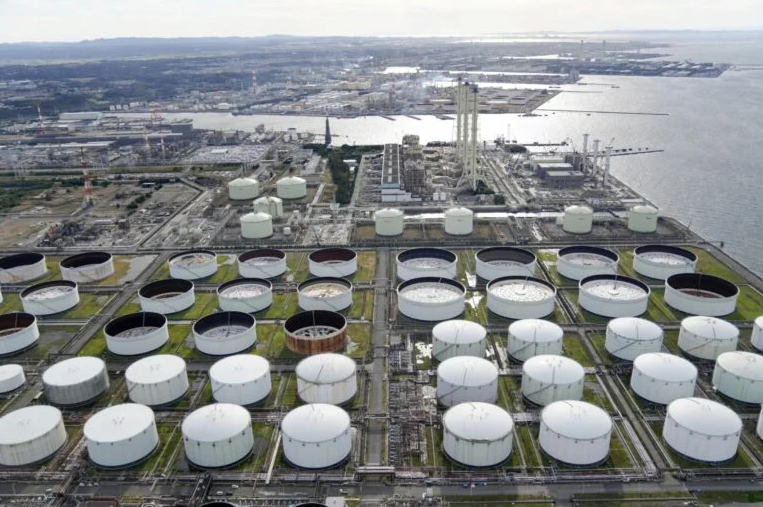The White House faced tough questions during Wednesday's press briefing, particularly regarding President Joe Biden's decision not to refill the Strategic Petroleum Reserve (SPR) as previously promised. Fox News correspondent Peter Doocy reminded White House Press Secretary Karine Jean-Pierre that Biden had previously pledged to refill the SPR to combat the rising gas prices, which the president had attributed to Russian President Vladimir Putin's interference in Ukraine.
Doocy pressed Jean-Pierre further on why the administration seemed to be backing away from its promise to refill the SPR. The press secretary struggled to come up with a clear response, deferring responsibility to the Department of Energy and suggesting that the issue was not whether or not the SPR would be refilled but how that would happen.
According to reports, the Biden administration has announced that it will not be refilling the SPR as originally planned, citing the high cost of oil as a hindrance to the process. The Department of Energy released a statement explaining that they would not be awarding current solicitations for the Bayou Choctaw SPR site and would instead monitor market conditions before proceeding.
DOOCY TIME: “First, the — so, you guys started draining the Strategic Petroleum Reserve to try and help with ‘the Putin Price Hike’ a few years ago. Said You were going to refill it. But now it doesn't seem like that's happening. Why?”
KJP: “Well, from — I believe the Department… pic.twitter.com/K5v77241lM
— Curtis Houck (@CurtisHouck) April 3, 2024
This decision has been met with criticism from some, including Daniel Turner, founder and executive director of Power The Future. Turner believes that Biden has drained the SPR for political reasons and has also cut domestic production to align with his climate agenda. As a result, Americans are facing higher costs at the pump and grocery stores, and the SPR is less full at a time of increasing turmoil in the Middle East.
The Strategic Petroleum Reserve was created in 1975 in response to the oil embargo imposed by the Organization of Arab Petroleum Exporting Countries (OAPEC). Its purpose is to provide the United States with a buffer against any potential disruptions in oil supply. The SPR currently holds about 600 million barrels of oil in underground salt caverns along the Gulf Coast.
Biden's decision not to refill the reserve as promised raises concerns about the country's preparedness in the event of an oil supply disruption. Many argue that with rising tensions in the Middle East, it is irresponsible to leave the SPR vulnerable and not have it fully stocked as a safeguard against potential crises.
The Department of Energy has canceled its latest tender for crude oil for the replenishment of the strategic petroleum reserve after oil prices moved higher than the DoE is comfortable with.
Last month, the DoE purchased 2.8 million barrels at a price of $81 per barrel, which… pic.twitter.com/PDu7IwP7or
— Wall Street Silver (@WallStreetSilv) April 3, 2024
On the other hand, some experts argue that the decision not to refill the SPR is a sound economic move. They argue that with the current high cost of oil, it makes more sense to wait until prices go down before refilling the reserve. Additionally, some believe that the SPR is not an effective tool in controlling gas prices, as it only provides a temporary solution.
The White House has also defended its decision, stating that the Department of Energy is responsible for the refilling of the SPR and will continue to monitor market conditions before proceeding. They also argue that the current high gas prices are largely due to global factors and not just Putin's interference in Ukraine.
Regardless of differing opinions on the matter, it is clear that the decision not to refill the Strategic Petroleum Reserve is a controversial one and has raised concerns about the country's preparedness and energy policies. As tensions continue to rise in the Middle East and gas prices remain high, it remains to be seen how this move will impact the American people and the economy in the long run.

